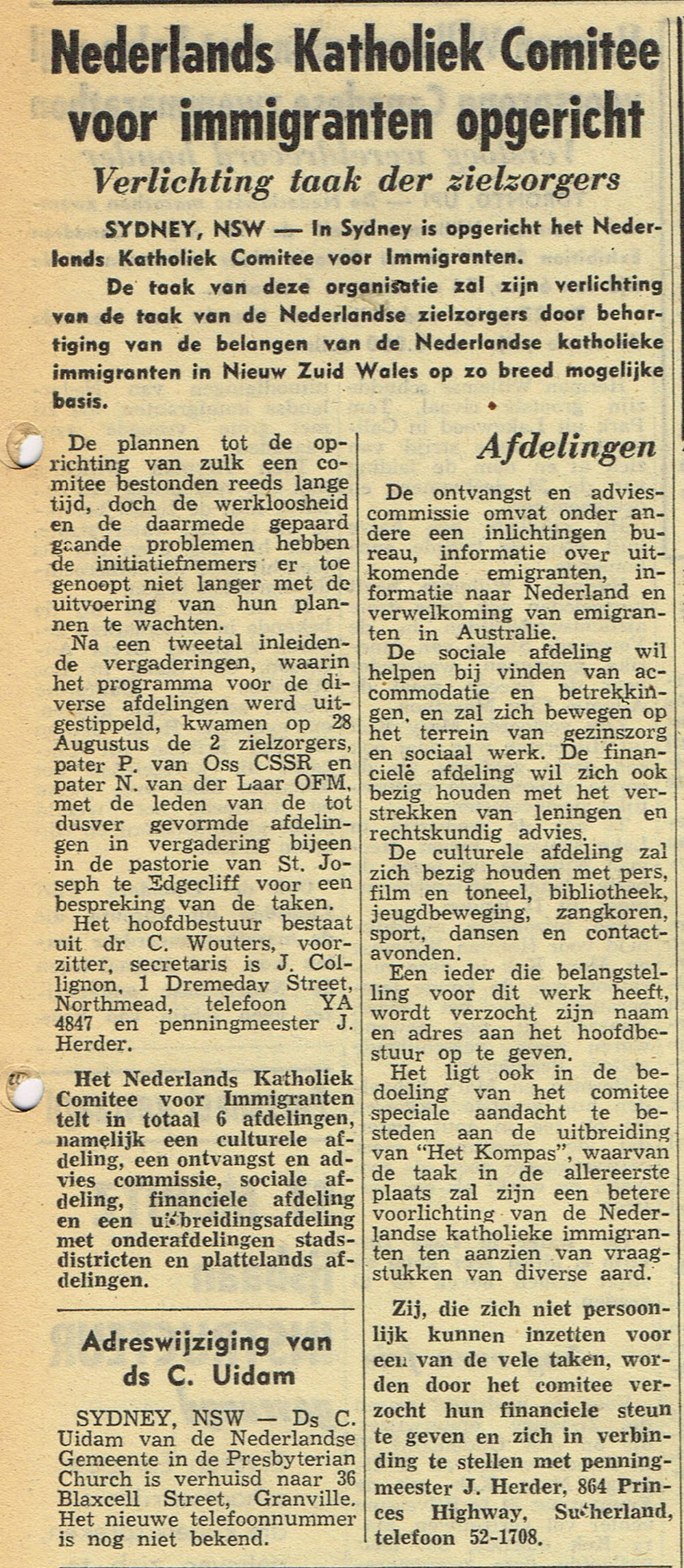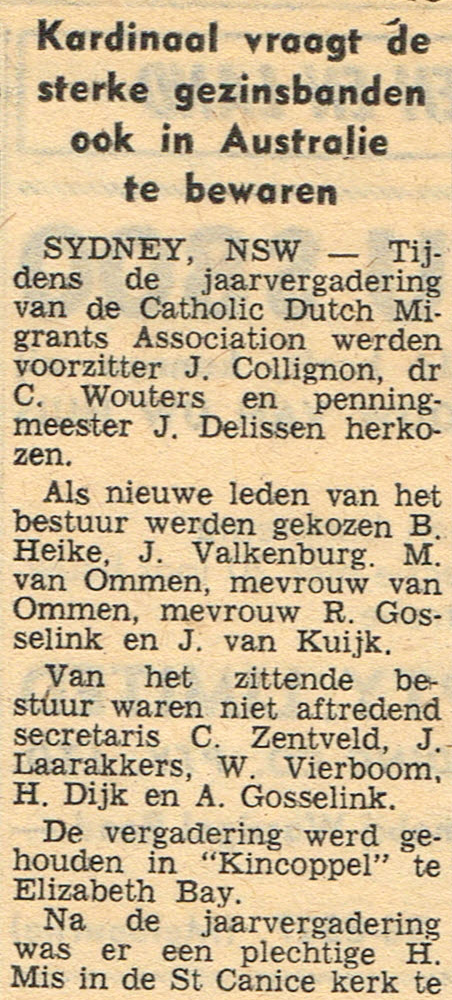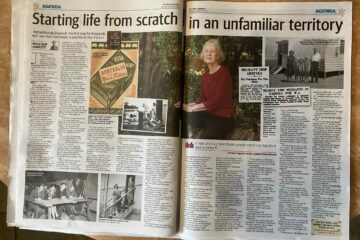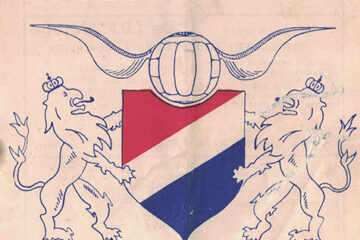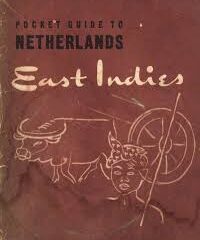The Catholic Dutch Migrant Association (CDMA) (in Dutch: Katholieke Nederlandse Migranten Organisatie – KNMO) was one of the largest and most influential Dutch migrant organisations in Australia during the post-war period. It was established in 1950 by Frans Maas and Dr Cornelius Wouters .The organisation provided social, cultural, and religious support to Dutch migrants and their families, many of whom were Catholics.
The CDMA organised a range of activities, including religious services, social events, and Dutch language classes. It also played an important role in advocating for the rights and welfare of Dutch migrants in Australia.
They also published ‘Het Kompas, a Catholic publication aimed at serving the Dutch Catholic community in Sydney and the surrounding areas. Dr Cornelius Wouters served as an editor for the KNMO’s publication.
The following text is from a booklet published by the Federation of Netherlands Societies Ltd. in February 1985. The research for this booklet was done by Mijntje Hage.
Father Leo Maas
Abstracts from his biography.
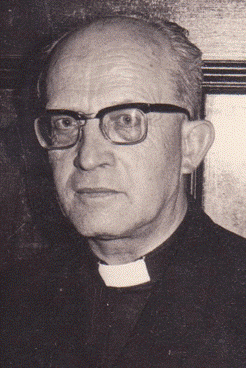
Father Leo Maas (1911-1973) was one of the best-known Dutch Catholic priest among Catholic migrants in Australia.
Commissioned as a missionary priest on 31 July 1938, he reached the island of Flores, Netherlands East Indies (Indonesia), in December. On 15 July 1942 he was captured by the Japanese and later interned as a prisoner of war at Pare, Celebes (Sulawesi).
Following his release in November 1945, Maas spent seven months recuperating in Melbourne before returning to the Netherlands. On 11 December 1948 he was again posted to Flores. While in transit in Melbourne, he was persuaded by Archbishop Mannix and Arthur Calwell to remain as migrant chaplain to the growing Dutch Catholic community in Victoria.
In 1950 he bought a large house at Kew which he converted into a reception hostel for young, single male immigrants (about 3000 men passed through the hostel before it closed in 1973). In 1951 he devised a scheme to bring out some 300 migrant farmers and their families, and place them as share-farmers throughout Victoria. Next year he converted an old boarding house, The Gables, at Daylesford into a reception centre and proceeded to sponsor the emigration of a further 278 Dutch families between 1952 and 1958.
Known as an expert on settlement, both within Australia and abroad, Maas was appointed to the Order of Oranje-Nassau on 30 April 1955. Among his fellow countrymen in Australia he became a folk-hero. No theologian, but a practical man, he was more at home begging for money than with the niceties of theological debate.
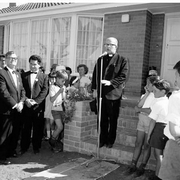
Providence Children’s Home
The Providence Children’s Home was established at Bacchus Marsh in 1957. It accommodated children from Victoria’s Dutch community, but was not exclusively for children from any national or religious group. It was established to accommodate children between 2 and 16 years, but also had babies and infants. After Providence Children’s Home closed in 1978, it became a hostel for elderly Dutch migrants, called Providence Village.
In 2025 a book was published on the history of this community: The Life of Providence Village.
The Irish Catholic hierarchy tried to suppress the Dutch Catholic influence.
From the very early days of migration the Irish Catholic Hierarchy who was already established during convict times, was very wary of of ‘foreign’ Catholic influence in Australia. They actively opposed Dutch influence and forced Dutch priest to first ask permission from the Irish Australian Catholic Bishop permission to vist their flocks in any parish. This situation only slightly changed in the 1980s , but till today the Catholic hierarchy in Australia is still dominated by Irish-Australians.
CDMA Queensland
In the early sixties the Dutch Catholic immigrants started to form associations in the larger cities of Australia. The Dutch Chaplains assisted those migrants spiritually and practical assistance was provided where possible. The objectives of the associations were to carry out work of a practical or spiritual nature for the benefit and assistance of migrants in general and of the Dutch Catholic migrants in particular. The associations assisted with integration into the Australian way of life and committees were set up in relation to social and cultural welfare.
The first CDMA was formed in Sydney. In Brisbane, where Fr 0. Riemslag was the Dutch chaplain, a CDMA-branch started in 1962. The first President was Mr Harry Geraerts (1962-1971). A monthly newsletter called ‘Horizon’ was published for distribution to the members. Yearly highlights were the Christian celebrations, Mass, Annual General Meeting and some other activities of a spiritual or recreational nature. CDMA-Qld merged in 1971 with a number of Dutch clubs and societies, while it ceased to exist as a separate entity. Ten years later, when Fr Nouwens was Chaplain, it was decided to re-start the CDMA in Queensland. A new committee was formed and it operated until 1996. As the Committee members became older and no second generation migrants or younger people could be found to take over their tasks, it was decided to de-register the association in 1996. The ‘old’ committee continued as an auxiliary to assist the Chaplain – at first Fr Bede Dunn (1993-97) and since 1998 Fr Joseph Oudeman. In September 2000, a small group, of mainly second generation Dutch Australians, was formed to take on the auxiliary’s tasks.
It is not possible to list all the people who have been committee-members over the years in this section but an exemption should be made for Mr Wim Driessen. He joined the CDMA in Sydney in 1961 and, after coming to Brisbane in 1965, he continued to be actively involved with the CDMA in Queensland. Sadly, Wim Driessen passed away on 26 December 2000.
Finally, it should be mentioned that CDMA-members in general and the committee members in particular have been very active in the formation and running of the various ‘Dutch Over Fifties’ clubs, the ‘Netherlands Retirement Village Association’, ‘The Federation of Netherlands Organisations in Queensland’ and other social welfare initiatives.
Jan C. Boon (CDMA President 1983-1996); February 2001
Helen Gawthorn added to this information: “For many years, up until about 2016, the Catholic Dutch Migrant Association held its annual Dutch Christmas Mass and get-together for the Dutch Community at the beautiful church Our Lady of Victories in Bowen Hills, Brisbane”.
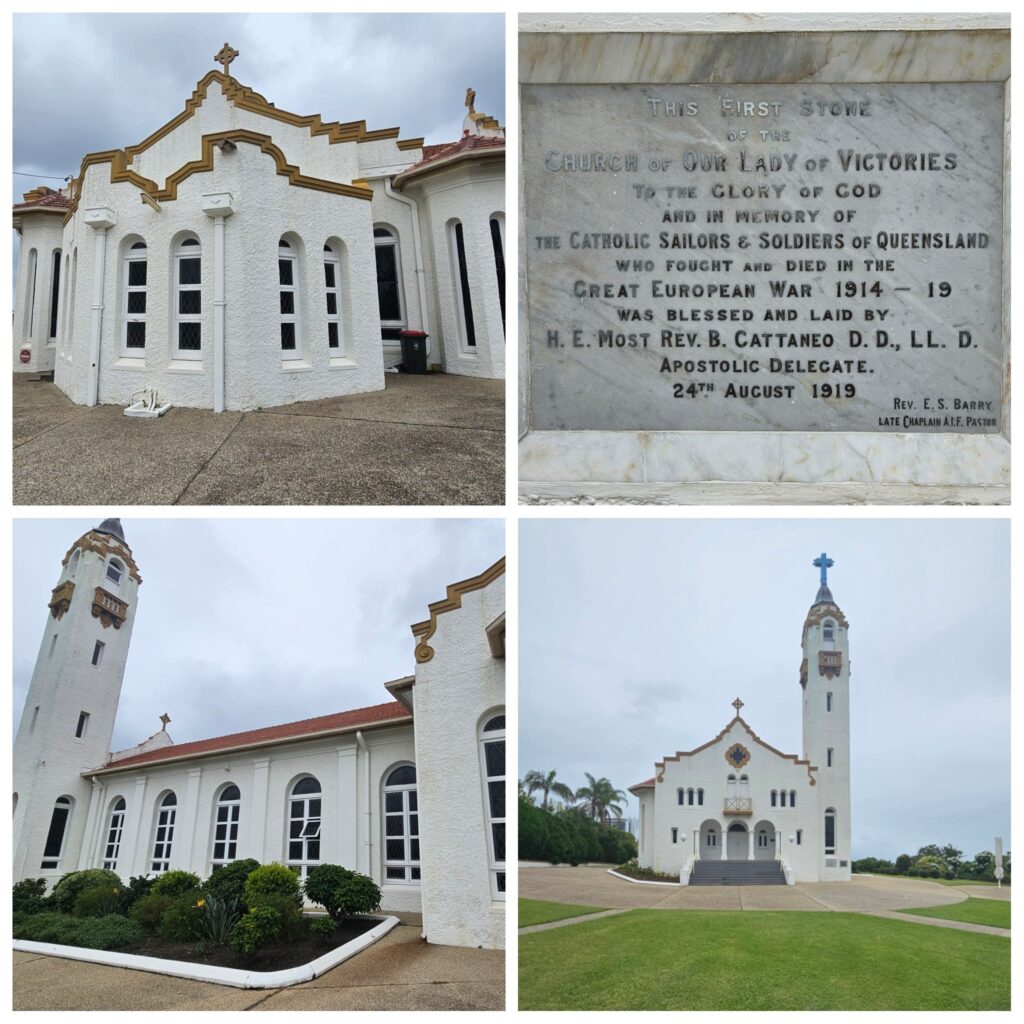
For more updated information see the national CDMA website
